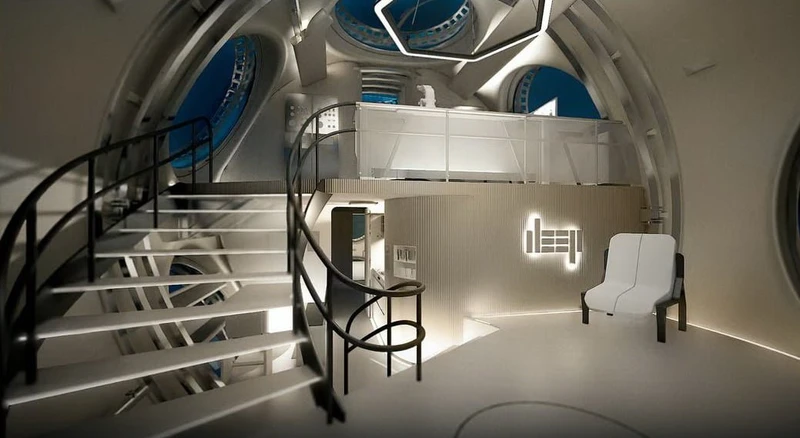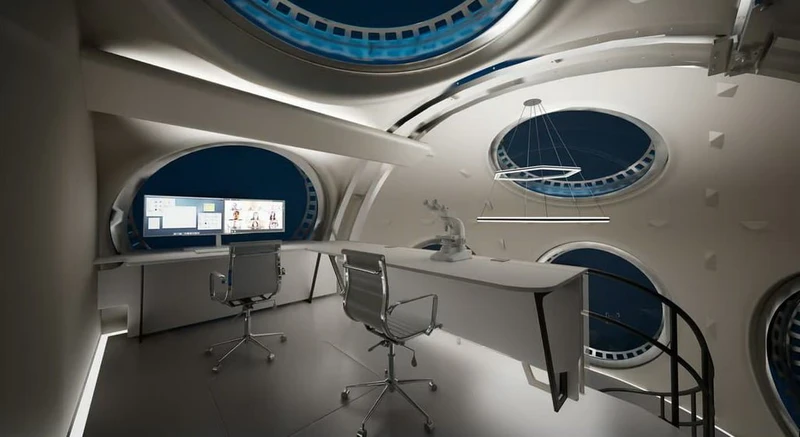A British team is planning to build an incredibly ambitious underwater scientific environment called Sentinel. According to the creators’ vision, it will function similarly to the International Space Station – but underwater instead of in orbit. This research base could revolutionize deep-sea exploration, allowing scientists to live underwater for extended periods in relative comfort.
A unique underwater base for scientists.
The company Deep, which is managing the development of this ambitious project, focuses on ocean technologies and aims to make humanity better adapted to life underwater. The developers plan to build this innovative underwater environment for scientists near the southwestern coast of Great Britain (most likely in Wales), at a depth of approximately 200 meters, which is in the epipelagic zone known for its rich biodiversity.
The underwater research base will be modular and mobile, with access provided by underwater vehicles. Therefore, it can be deployed in another location if needed.

According to representatives of the company Deep, the lower boundary of the epipelagic zone is the deepest point where sunlight penetrates the ocean. It is estimated that 90% of marine life is found in this zone. The ability to comprehensively explore this part of the ocean, rather than just conducting surface incursions, will be a gradual change in how scientists can observe, monitor, and understand the oceans.
Not temporary, but permanent underwater living for researchers.
After two years of intensive research into innovative manufacturing processes and materials science, Deep is at the forefront of technical design and is beginning production. The Deep system offers a radically more efficient way of living and working underwater than previously existed, when underwater structures were temporary and fixed. The Deep habitat is modular, scalable, autonomous, renewable, with adjustable settings and deployment.
Considering that they would be in one of the most challenging environments on Earth, at least judging by the visualizations, the scientists would live surprisingly comfortably. There will be research laboratories and communal areas, as well as small but well-equipped bedrooms with single beds, storage space, and even a television for entertainment. The bathrooms will include a shower, toilet, and sink. This is certainly not a luxury hotel, but the space is far from the claustrophobia associated with underwater vehicles.

As noted by the publication Newatlas The company Deep intends to ensure a constant human presence under the oceans starting in 2027. However, to reach this stage, enormous obstacles must be overcome, including ensuring structural stability under the immense pressure at such depths. Moreover, it is necessary for the inhabitants to have enough oxygen and energy.
As is known, the Deep team is working on a renewable energy source and a large-scale bioreactor for processing all waste. The developers of this unique underwater project say they are currently in talks with potential investors and partners to try to bring it to completion.
